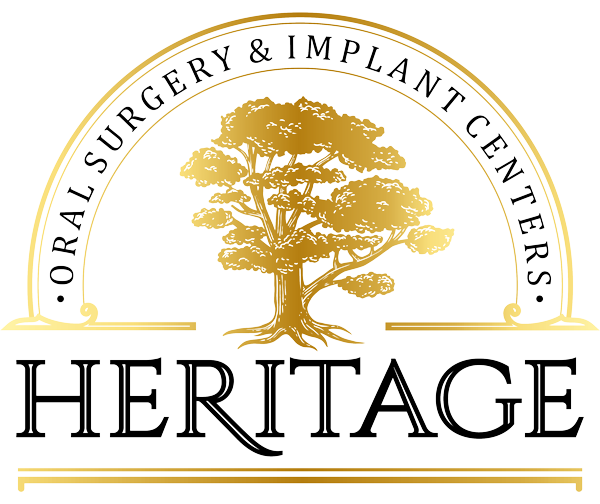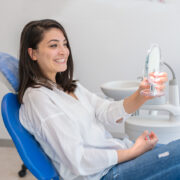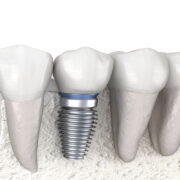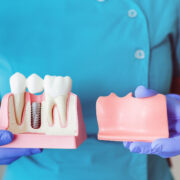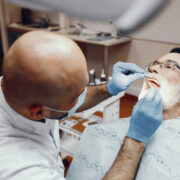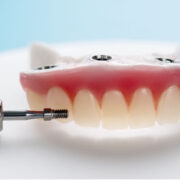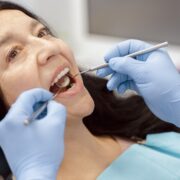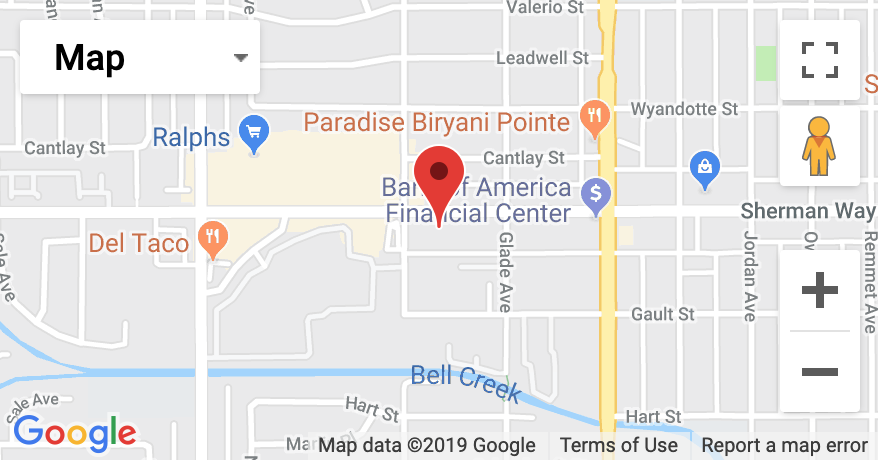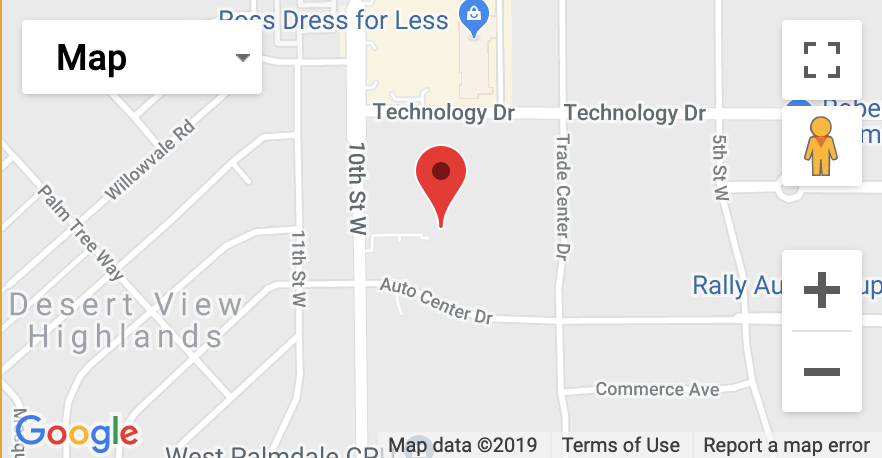4 Commonly Asked Questions About Dental Implants
Missing teeth can be a problem, both because a missing tooth can make eating more difficult and because a missing tooth can make you feel self-conscious about how you look.
Dental implants are one of the most popular types of prosthetic teeth available. If you’re missing a tooth and interested in dental implants, it’s important to get advice from a qualified dentist in Valencia, West Valley, and Palmdale, CA, to learn about whether dental implants are right for you. Below, we’ve listed some of the most commonly asked questions about dental implants.
1. What Is a Dental Implant?
A dental implant is a prosthetic tooth implanted into the jaw, similar to how your natural teeth attach to the jaw at the roots. Compared to other prosthetic teeth, dental implants are the most similar to your natural teeth.
This is why dental implants are cared for just like natural teeth: they’re brushed like natural teeth and benefit from flossing. Your dental professional will teach you how to floss your dental implants.
2. Who Needs a Dental Implant?
You may benefit from a dental implant if you’re missing a tooth and you have a healthy jaw to hold the dental implants in place. Your dentist will evaluate you for a dental implant and let you know whether this is a good option for you.
3. Do Dental Implants Look Natural?
Dental implants do look natural. In fact, your implant will be custom-made to fit in your mouth in the space available. The implant will look just like your other natural teeth and will even be colored like your other teeth. No one will be able to tell that your dental implant isn’t a real tooth.
4. How Many Office Visits Does it Require to Install a Dental Implant?
Dental implant installation takes at least three visits to the dentist, and if you need bone grafting to ensure that your jaw is sufficient to fuse with an implant, then you will need more visits.
If you’re interested in dental implants in Valencia, West Valley, and Palmdale, CA, contact Heritage Oral Surgery & Implant Centers. Make an appointment today.

